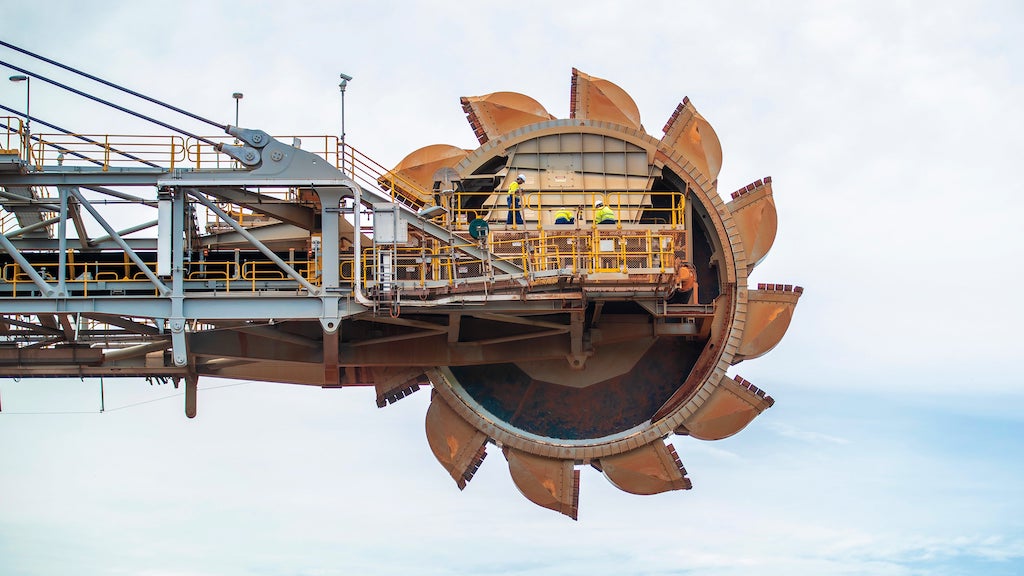The Australian Renewable Energy Agency (ARENA) has revealed a new investment strategy that includes a focus on technologies such as carbon capture and storage (CCS) projects, low-emissions aluminium and steel production, and ‘clean’ hydrogen that can be produced using coal and gas.
The investment plan, released on Thursday, comes after the federal government last month changed the agency’s functions to enable it to fund what it says are “next generation” energy technologies contained in the government’s Low Emissions Technology Statement (LETS).
The move met with widespread opposition before surviving a challenge in the Senate last month.
ARENA chief executive Darren Miller said despite the inclusion of new priorities, the agency will continue to focus on projects that optimise Australia’s energy transition to renewable generation, including energy storage projects and large-scale grid integration.
“We are at the beginning of a critical decade for Australia and the world as we make the investments required to reduce emissions in line with international commitments,” he said.
“We need to invest today in the technologies that are going to transform our energy system and our economy in the years to come.
“We need to utilise Australia’s abundant sun and wind resources to produce, use and supply renewable energy. We need to optimise this transition through energy storage, large-scale grid integration, flexible demand and further reducing the cost of solar and wind.”
While ARENA will continue to fund renewable energy projects, it will also prioritise projects that reduce emissions from the production of steel and aluminium, helping the emissions intensive metals sector to decarbonise and create low-emission materials. CCS projects, and soil carbon measurement technologies.

ARENA
Miller said the agency will also focus on CCS projects, soil carbon measurement technologies. accelerating the uptake of hydrogen, including that produced with natural gas where emissions are captured.
“We’ve already committed over $160 million in hydrogen, but we need to continue to grow a clean hydrogen industry and export market as this is still in its infancy,” he said.
“We also need to support the aluminium and steel industry to transition, whether through electrification, hydrogen or new alternatives in order to improve the competitiveness and emissions intensity of our heavy industries.
“Finally, we will be looking to scale up CCS and reduce the cost of soil carbon.”
Miller said ARENA would look to consult with industry and researchers to develop its approach to the new priorities.
ARENA will also deliver budget programs including the Future Fuels Fund, the Industrial Energy Transformation Studies Program, the Regional Australia Microgrid Pilots Program, the Freight Efficiency Assistance Grants and Freight Energy Productivity Trial Program.
Since being established in 2012 to finance renewable energy projects, ARENA has provided $1.77 billion in funding to more than 600 renewable energy projects with a total project value of $7.75 billion.
Last year, ARENA was renewed for a further decade with $1.62 billion in funding.
This content is protected by copyright and may not be reused. If you want to cooperate with us and would like to reuse some of our content, please contact: editors@pv-magazine.com.









By submitting this form you agree to pv magazine using your data for the purposes of publishing your comment.
Your personal data will only be disclosed or otherwise transmitted to third parties for the purposes of spam filtering or if this is necessary for technical maintenance of the website. Any other transfer to third parties will not take place unless this is justified on the basis of applicable data protection regulations or if pv magazine is legally obliged to do so.
You may revoke this consent at any time with effect for the future, in which case your personal data will be deleted immediately. Otherwise, your data will be deleted if pv magazine has processed your request or the purpose of data storage is fulfilled.
Further information on data privacy can be found in our Data Protection Policy.